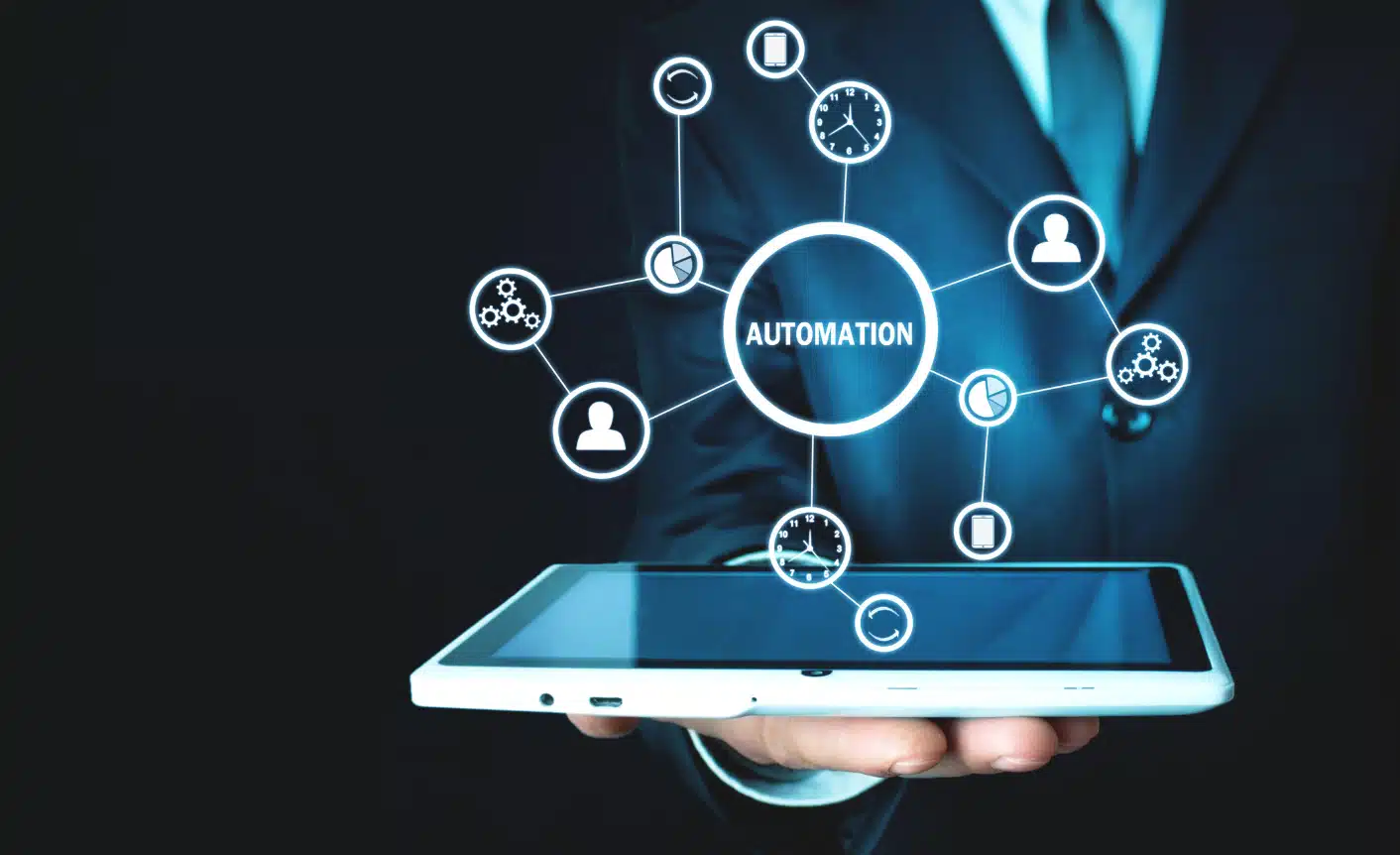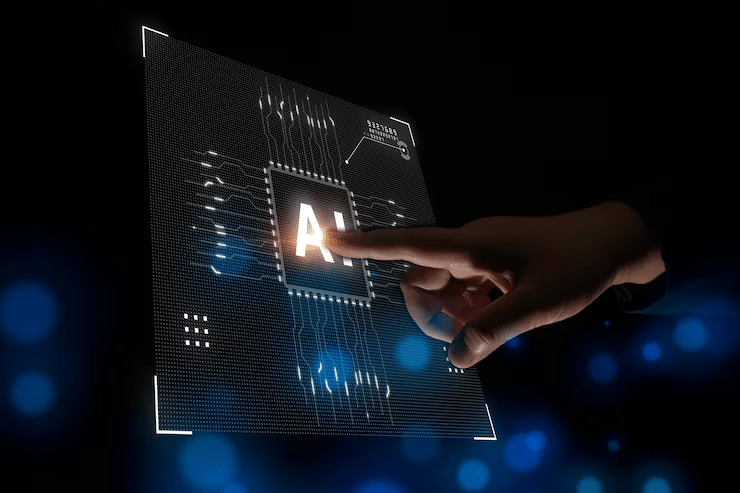The advent of AI has dramatically changed the world, influencing all aspects of life. It is impossible to imagine life without AI nowadays in terms of operation and functionality.
AI in eLearning has become a part of our day, especially thanks to the COVID-19 pandemic, which profoundly changed our views related to eLearning. Giraffe Software, an eLearning software development company, offers creating personalized learning opportunities with AI, which has its advantages and disadvantages.
Personalized Learning Experiences
Thanks to AI, everyone can now personalize their learning experience, making it much more convenient for them. AI allows the generation of content specifically catering to certain groups or learners, thus improving their learning outcome manifold.
No one can deny AI’s advantages in providing unique and personalized learning opportunities for everyone, regardless of location. People with different learning abilities may benefit from personalized learning with AI without worrying about falling behind others. Such personalized content guarantees content that is appropriate for individual needs and preferences.
Automation of Content Generation

Creating content based on specific criteria and requirements may undoubtedly enhance students’ learning while freeing up more time for teachers. Quizzes, multiple-choice questions, answers, and many other educational exercises can be created within seconds without much effort.
Every teacher can confirm that the more practice there is, the better learning will be. Students will have more practice for their skills developed, and teachers instead of wasting their valuable time and energy on more important things like developing creativity, critical thinking, etc.
Enhanced Learner Engagement and Interaction
One of the main features describing almost all modern students is being tech-savvy and unable to get distracted from their phones. Why cannot we use it for their learning? Integrating AI into their learning may help them to be more motivated and not feel forced to do something they do not like.
Moreover, many AI eLearning software programs offer gamification features to make the lessons more engaging. The more students are engaged in the lesson, the higher the likelihood of learning. The main feature that motivates learners is that they do not need to put aside their phones and learn simultaneously.
Data-Driven Insights and Analytics
It is only possible to follow an enormous amount of data to follow students’ progress and achievements or potential difficulties closely, but this is completely possible with AI-integrated programs. Teachers can gather valuable and accurate information about their student’s progress and identify points they may struggle with.
Most AI software programs also provide extra practice on topics students may find difficult. Many reliable organizations like UNESCO and others state that implementing AI in learning may make lessons more dynamic, responsive, and interactive.
To read the complete article provided by UNESCO, follow the link here: https://www.unesco.org/en/digital-education/artificial-intelligence. The analytics it can provide connected with how much students spend on doing their homework, how well they do this or that activity, and much more, how well they do this or that activity and much more, may help teachers and school policymakers learn more effectively and efficiently.
Unlike teachers, who can only teach a limited number of students simultaneously, AI does not impose any limits. Thousands of students can study with the same program without fluctuating learning efficiency.
So, the scalability of AI using eLearning programs cannot be doubted. Moreover, students who need some help reaching their schools or centers may find such an option even more beneficial. They may not fall behind their peers without causing extra problems.
Challenges and Limitations of AI in eLearning
The most profound drawback of AI-integrated eLearning is the absence of emotional intelligence. Students may have psychological problems that adversely impact their learning outcomes. While a good teacher may easily cope with such issues, AI cannot create emotional rapport with students to motivate and encourage them to learn.
Moreover, creating AI-integrated software programs requires high-quality data, a lot of time, and an enormous amount of money. Sometimes, schools are not able to create such an infrastructure, which means that currently, it is impossible to enable schooling systems all over the world with AI-assisted software programs. You can read more information on AI and its limitations by visiting https://elearningindustry.com/how-ai-is-personalizing-education-for-every-student.
Some other AI-related issues are the following;
- Maintenance and regular updates of AI programs,
- Challenged connected with the implementation process,
- Ethical considerations, etc.
Conclusion
Despite the disadvantages, personalized learning with AI created by companies like Giraffe software has a number of benefits that may not only assist teachers in enhancing their students’ learning outcomes but also increase their productivity manyfold. It is thoroughly believed that competing with AI is useless; instead, we should concentrate on creating unique human intelligence with the advantages that the latter can provide.


